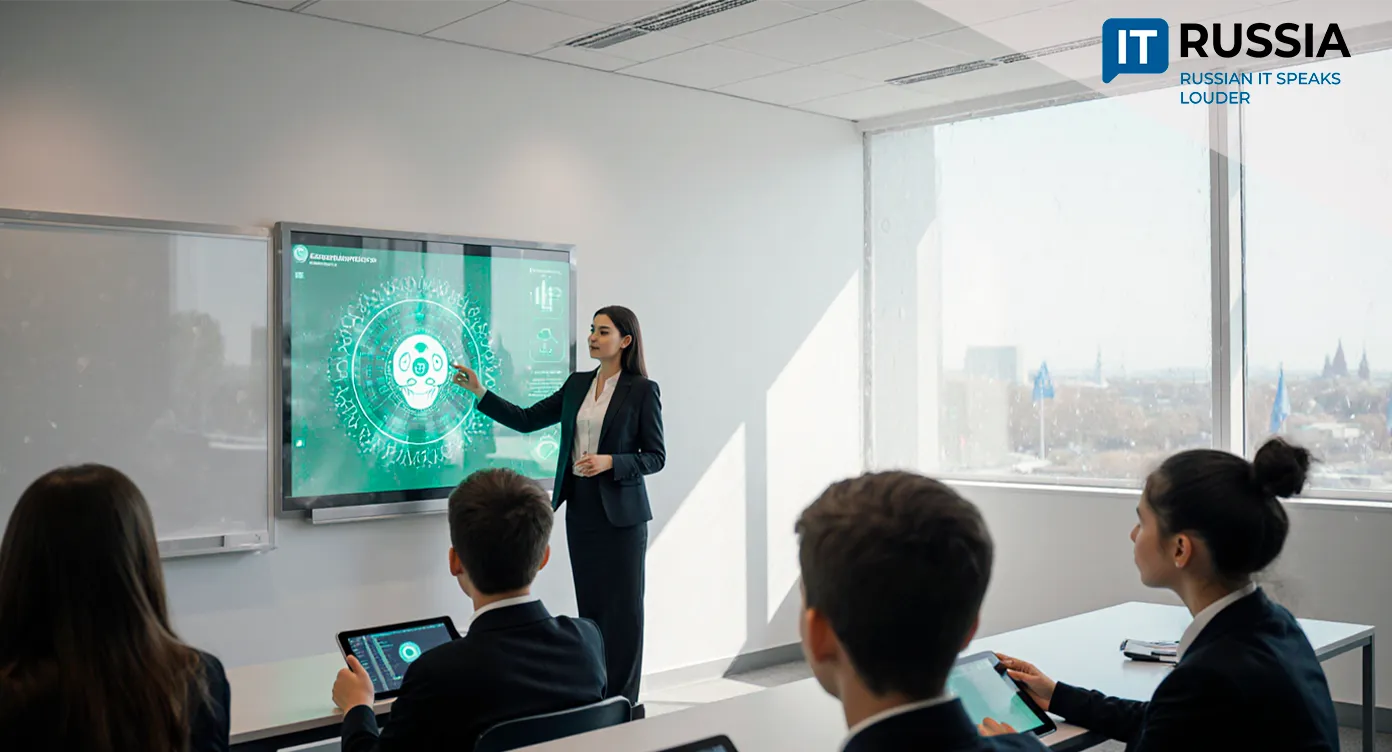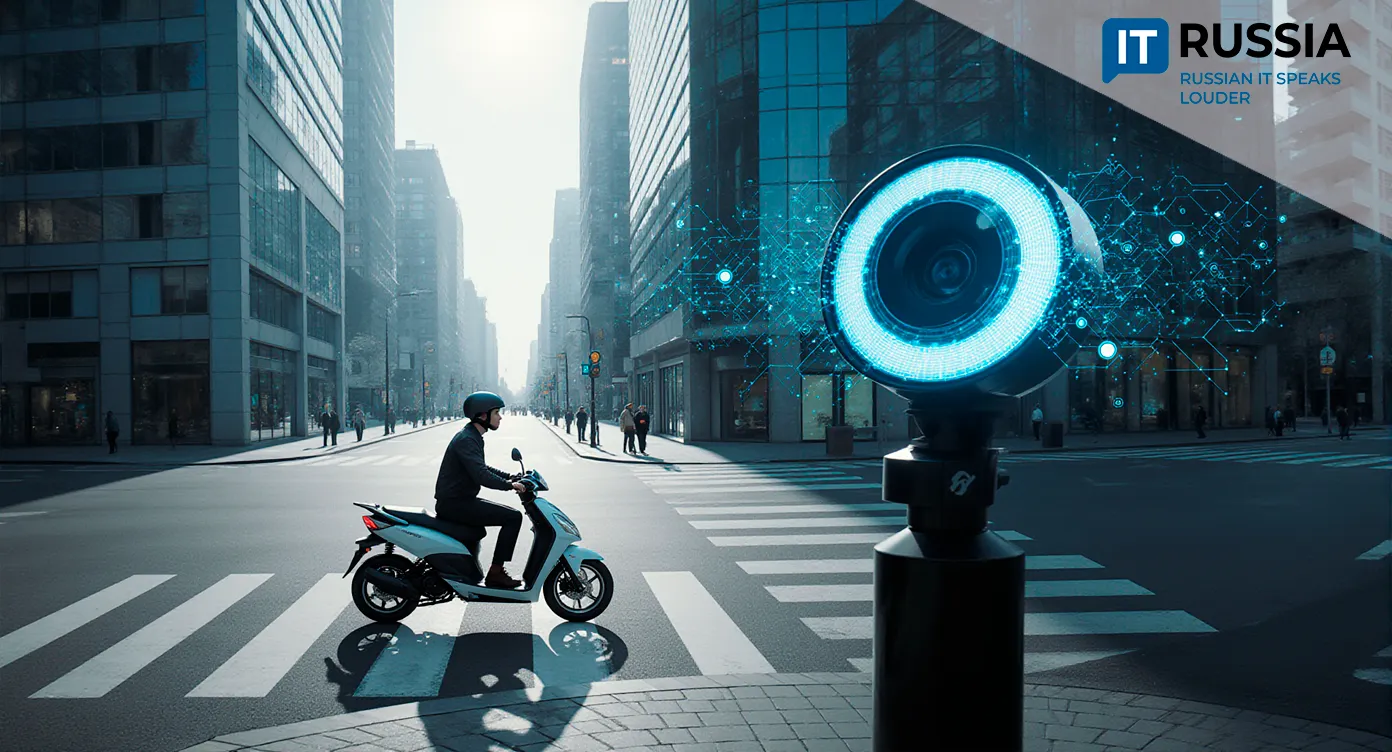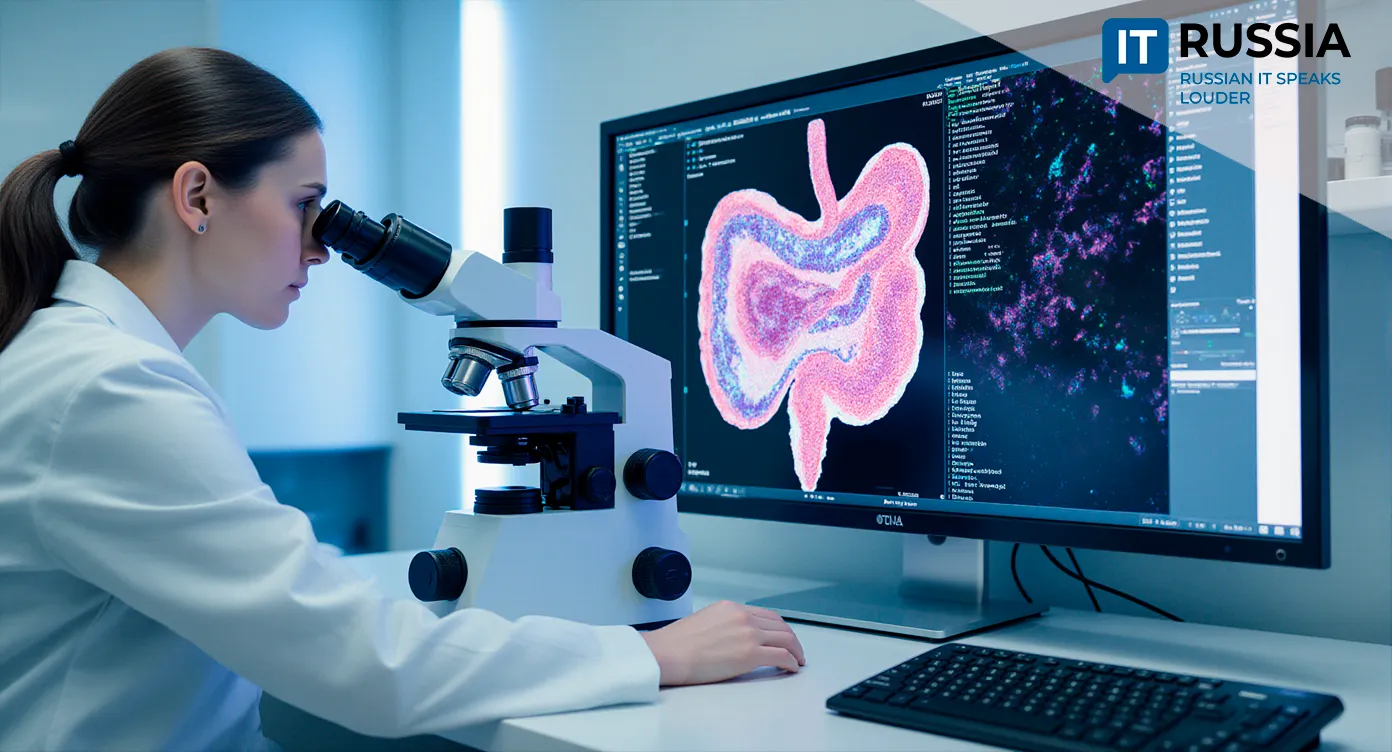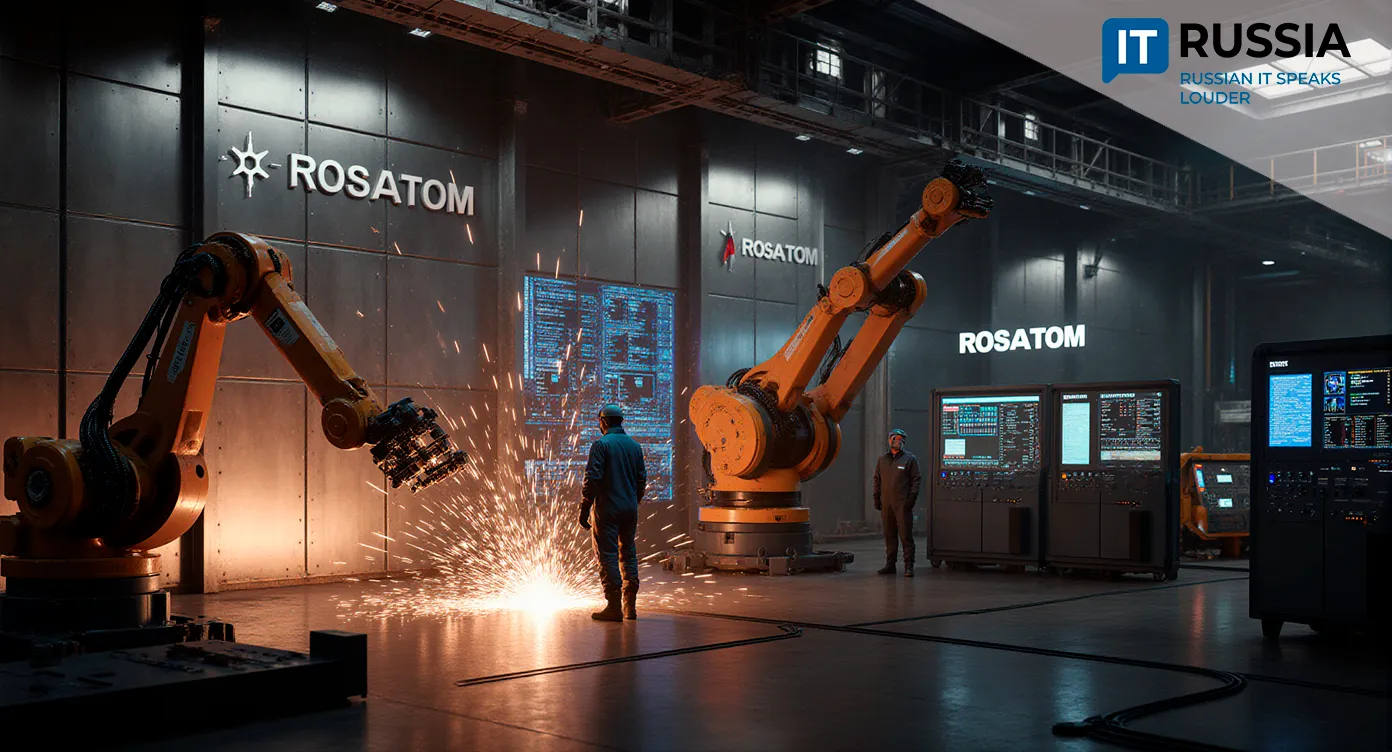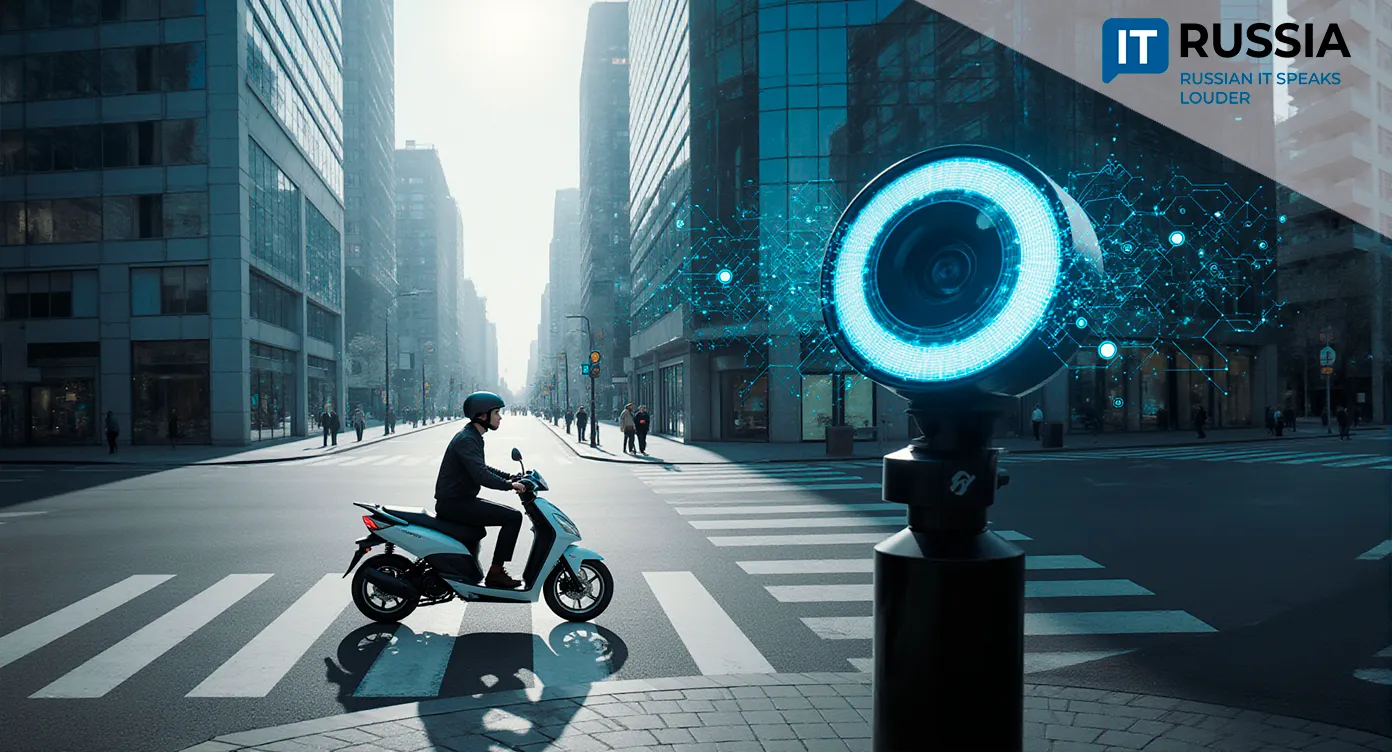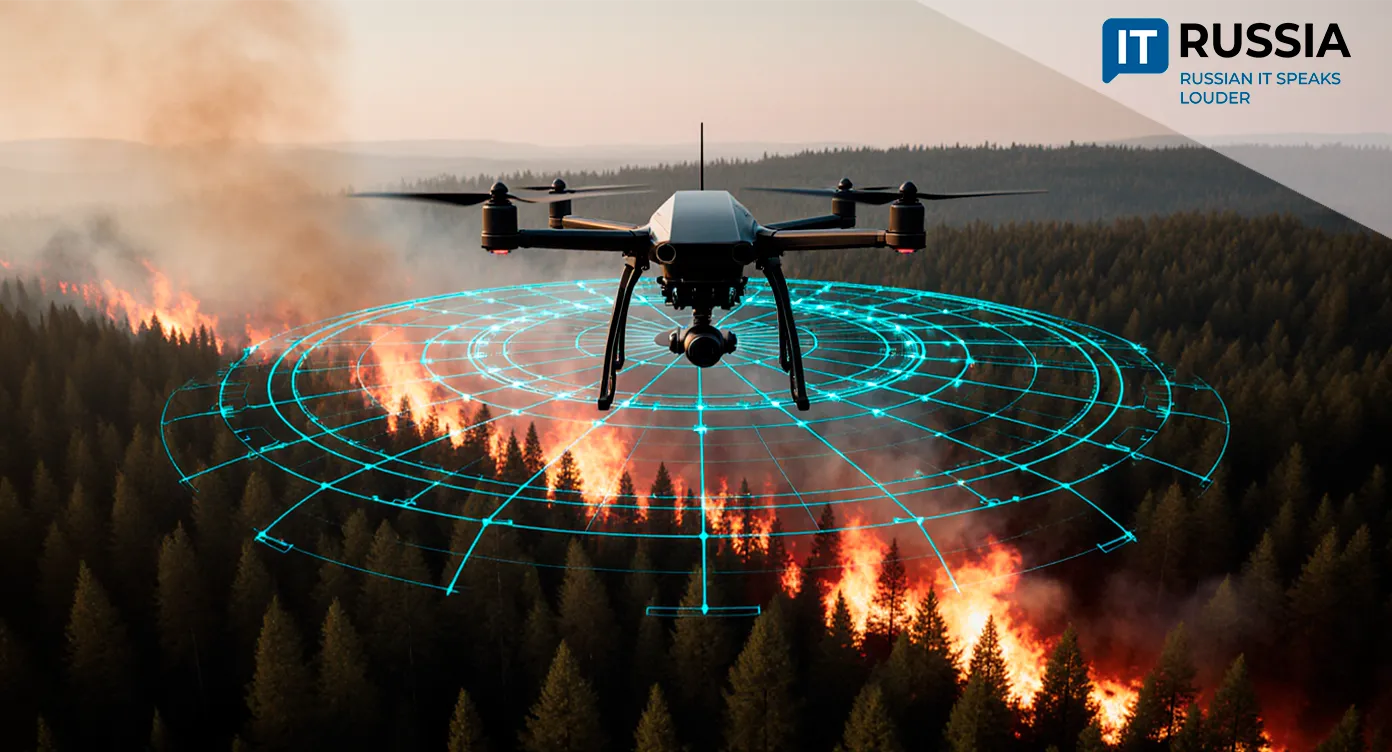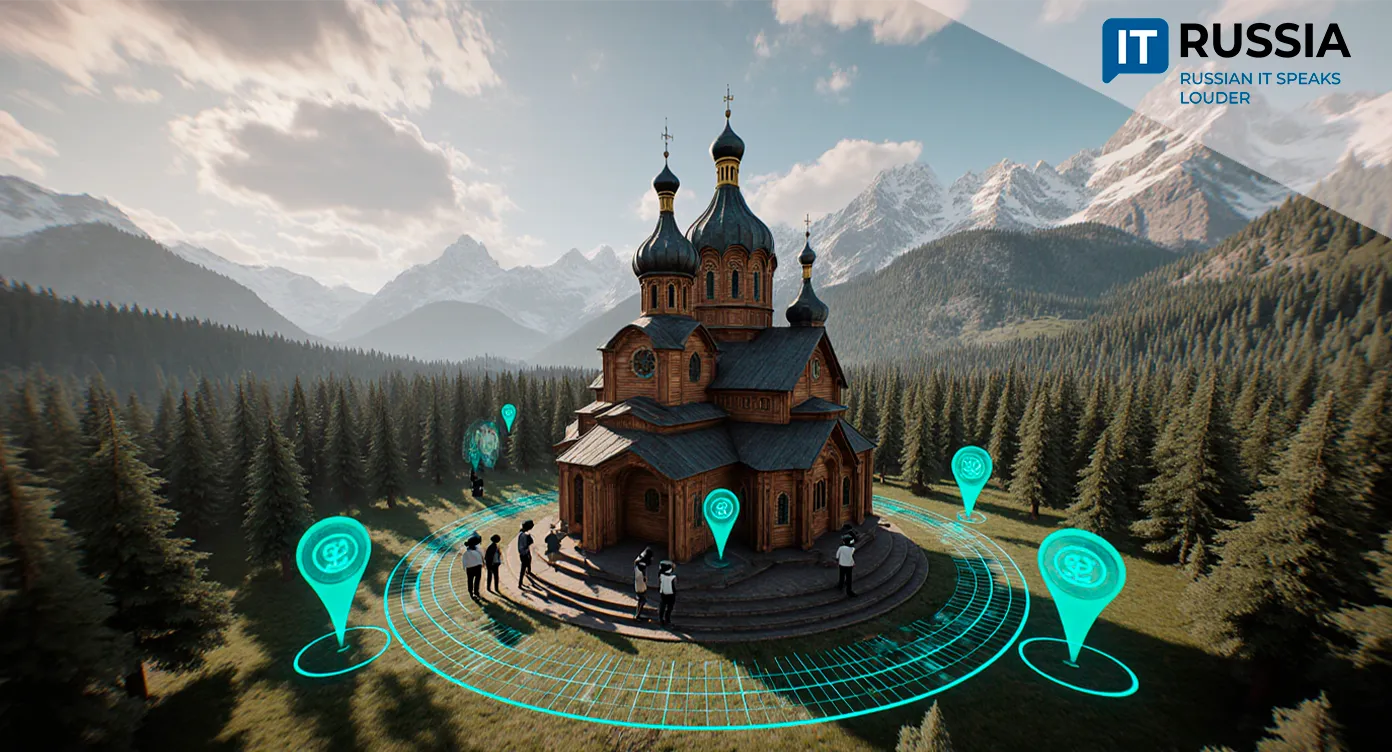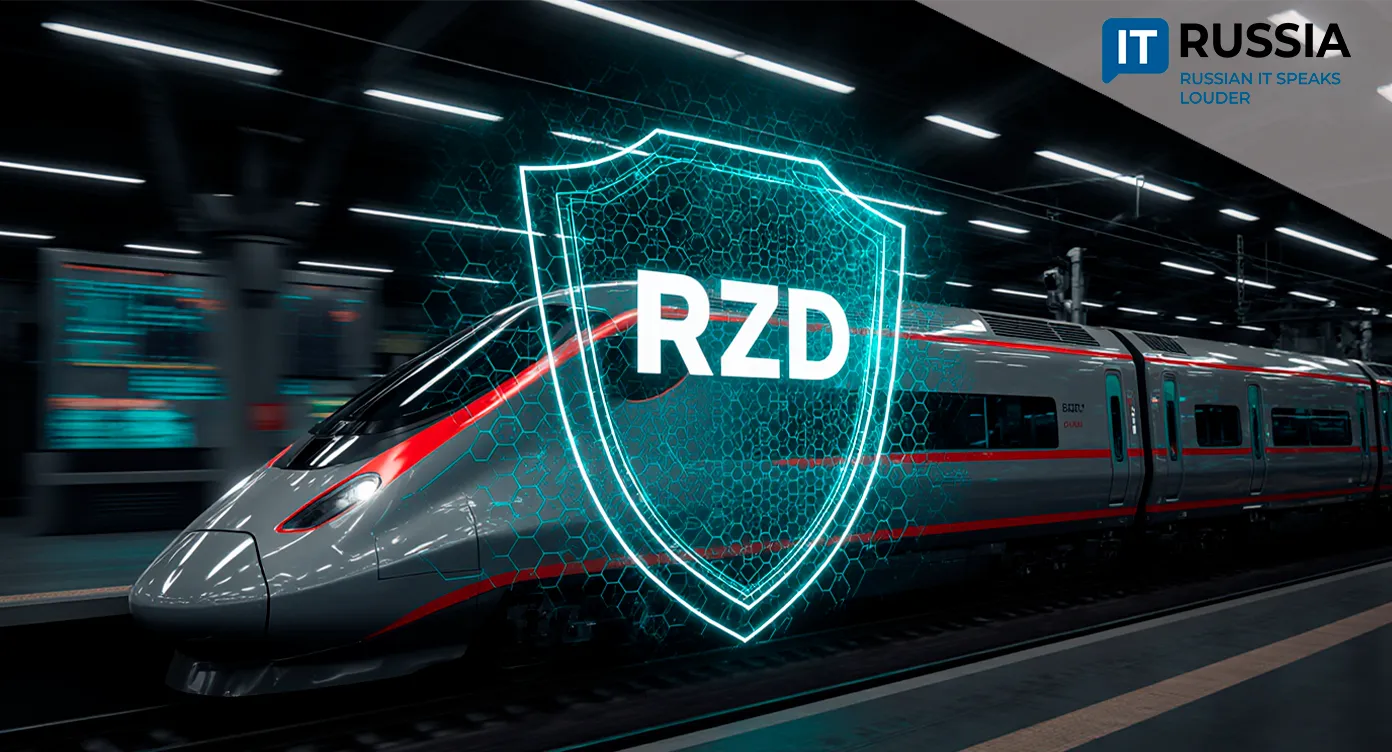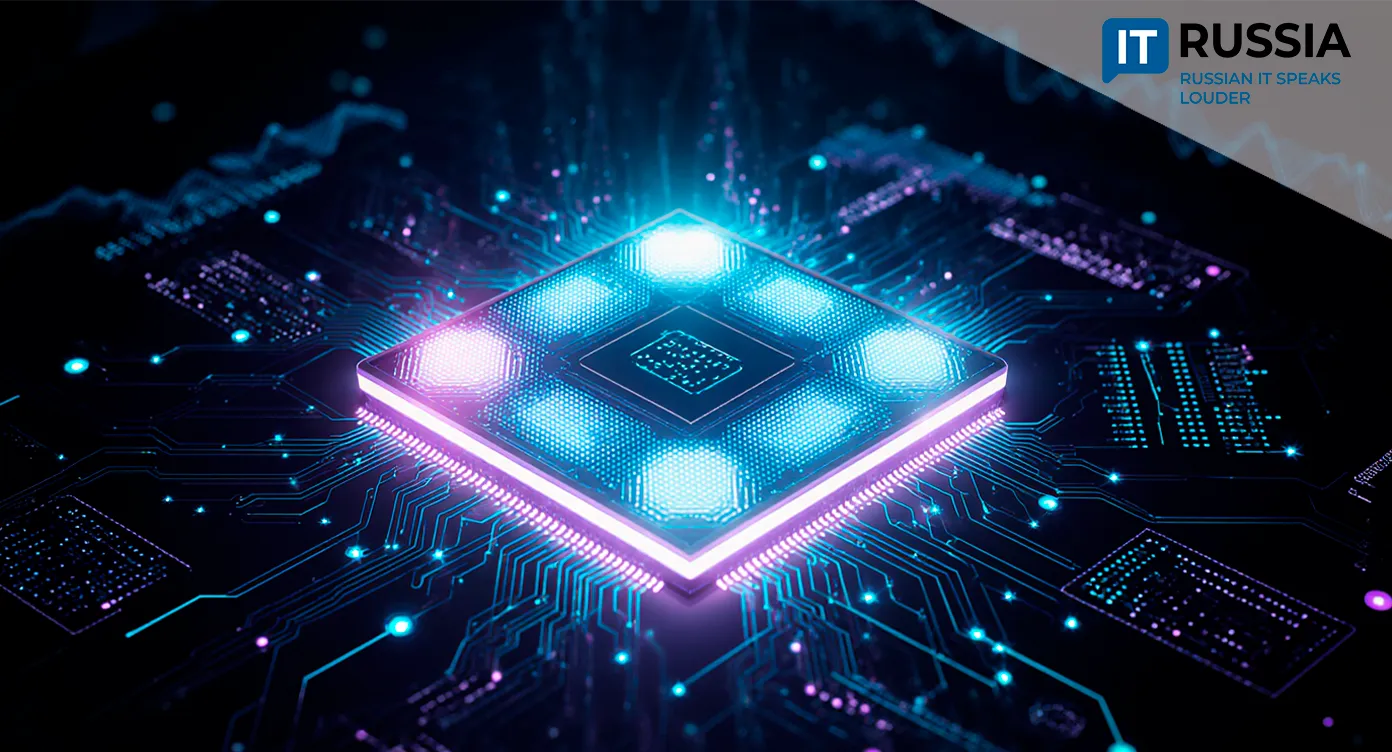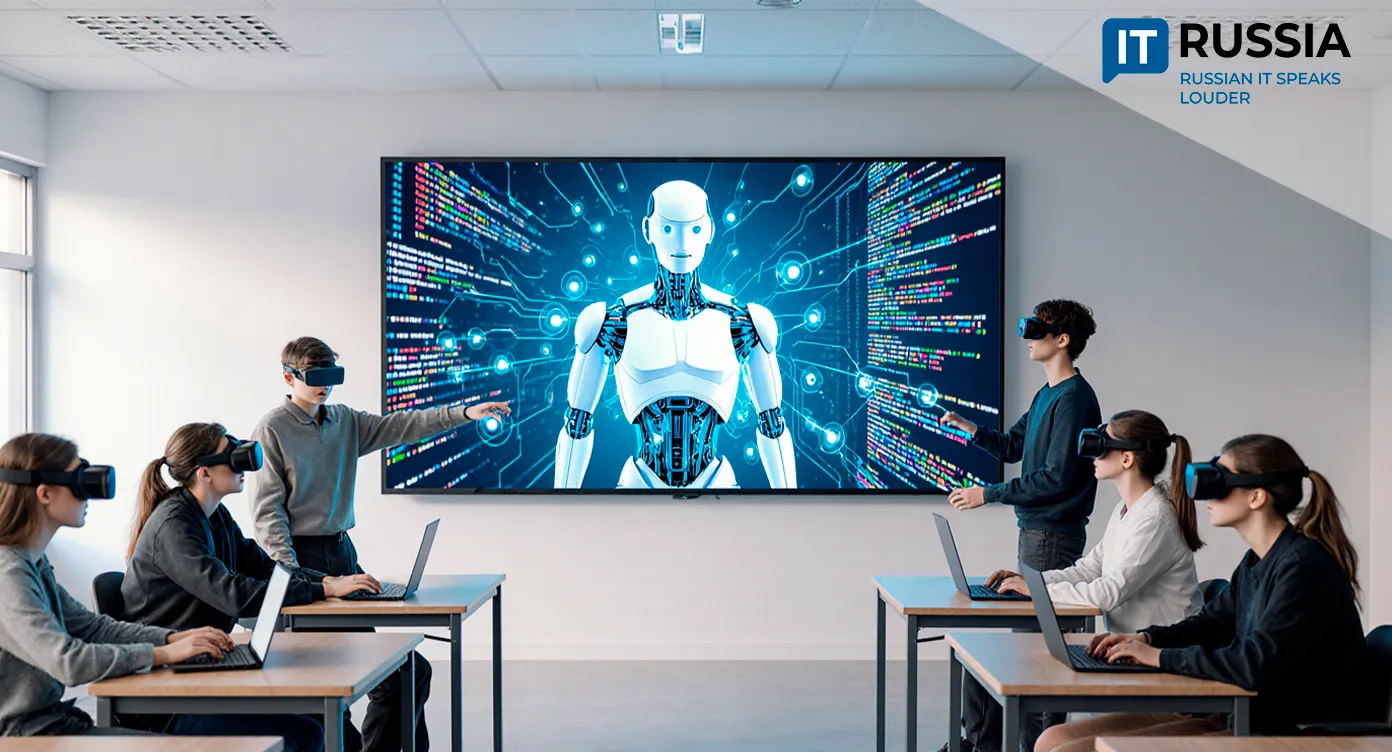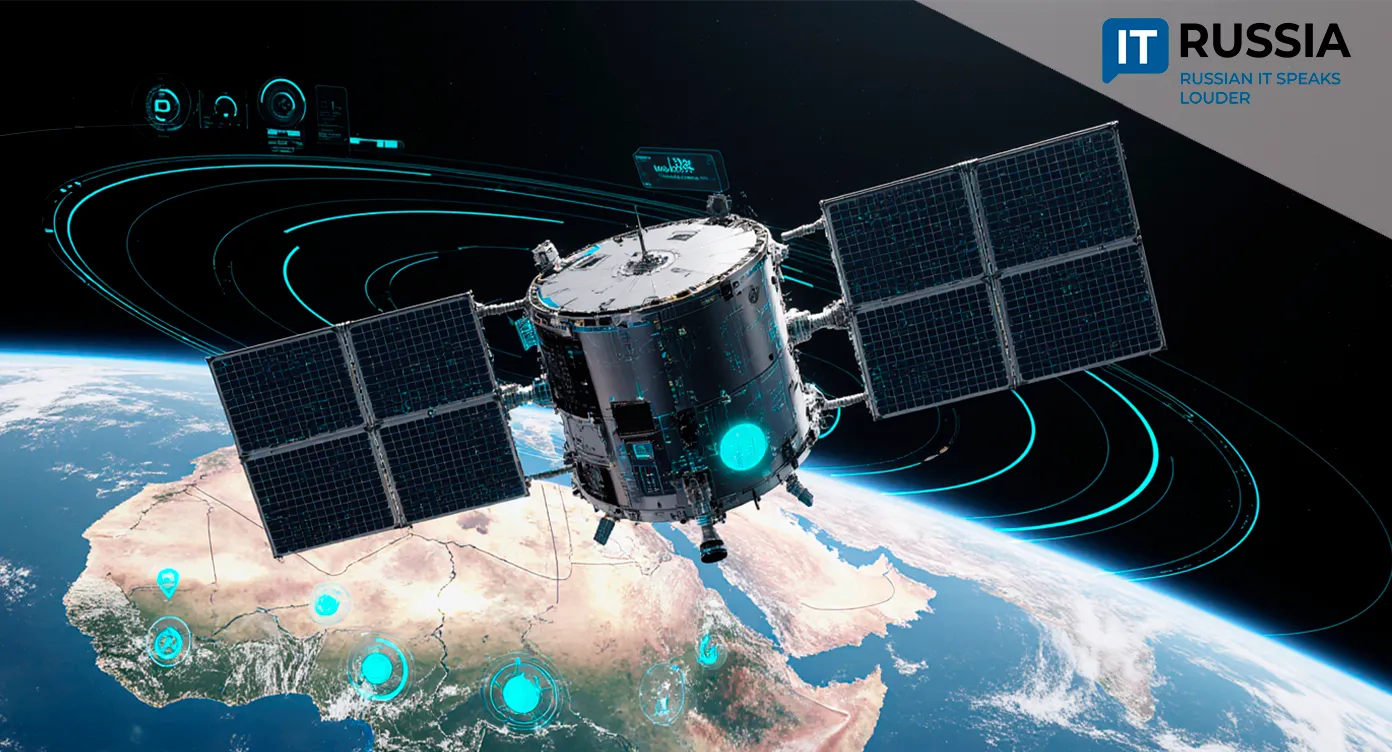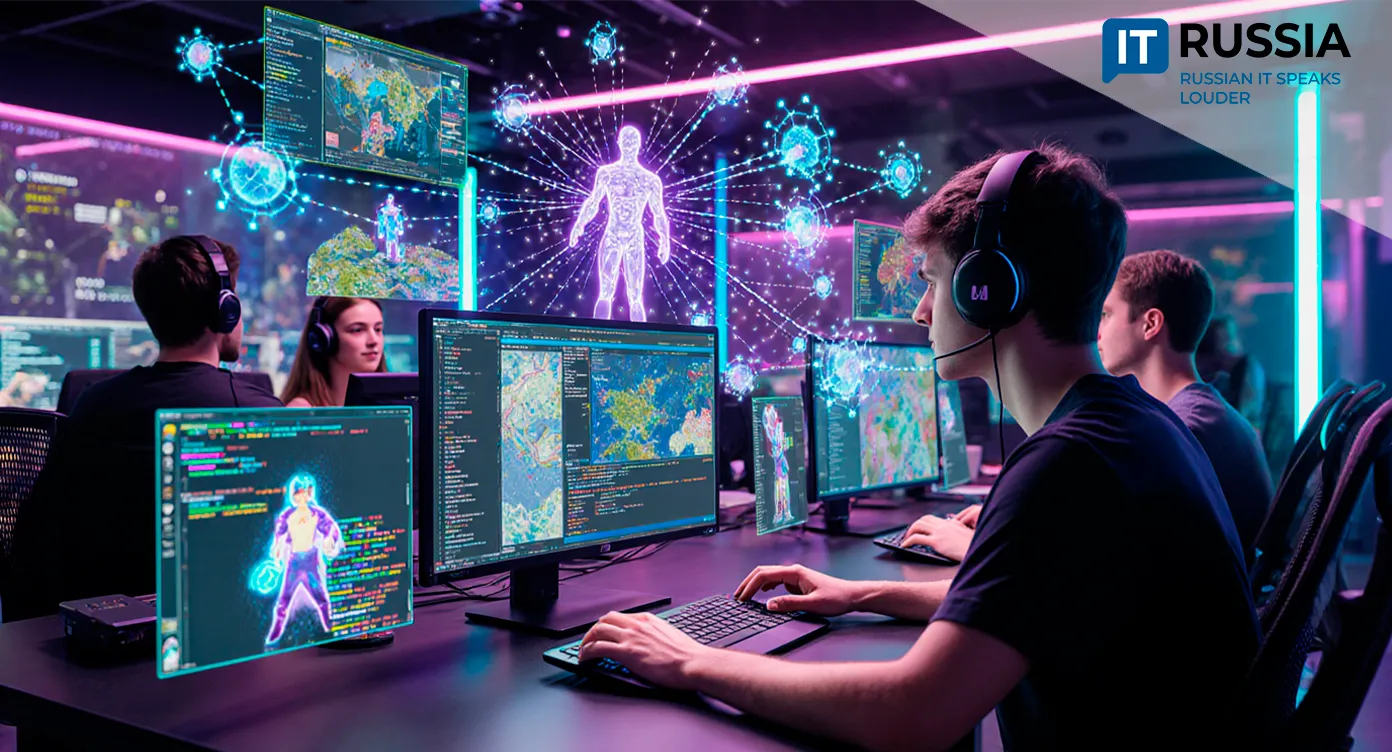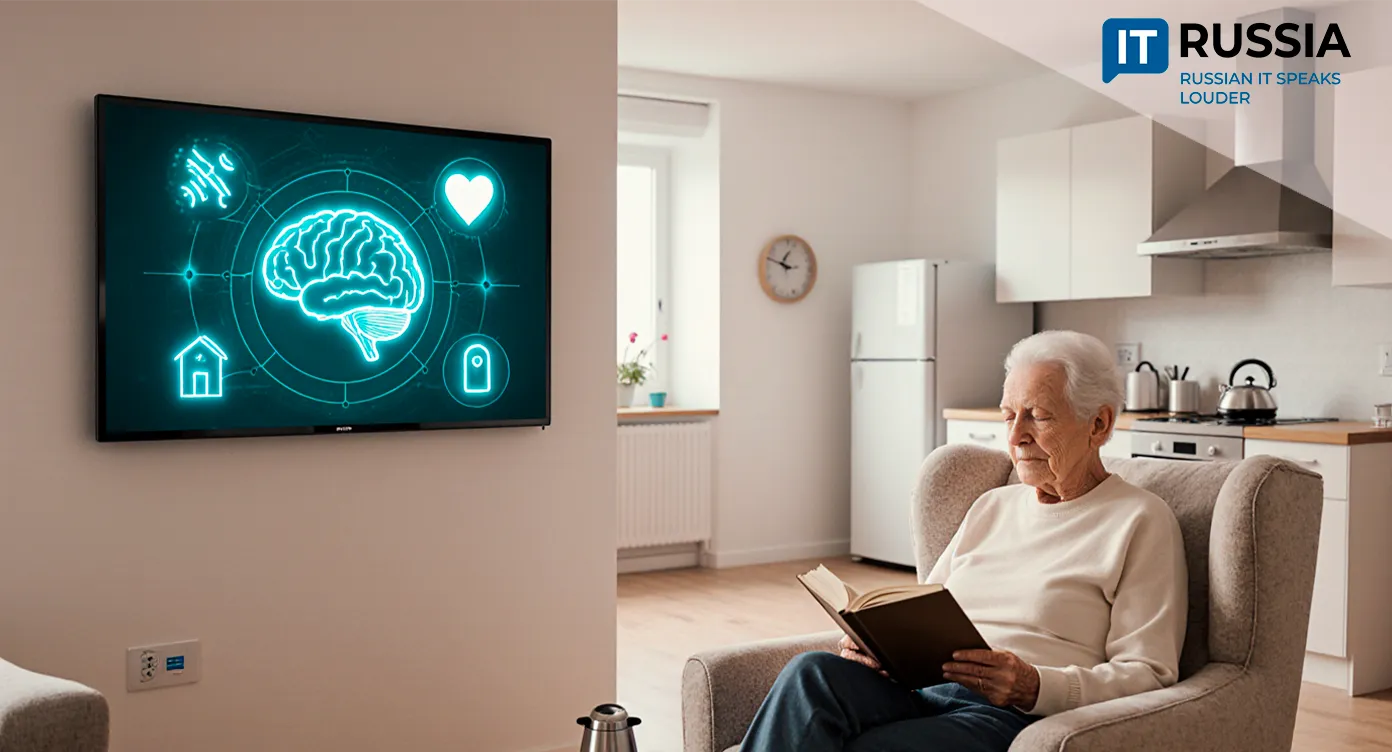AIgnition: Russia’s National AI System to Transform Education by 2030
Russia is developing a national artificial intelligence system designed to reshape its K–12 education landscape by 2030. The platform will combine intelligent tools that assist both teachers and students—reducing burnout, automating routine tasks, and freeing time for creativity and meaningful communication.
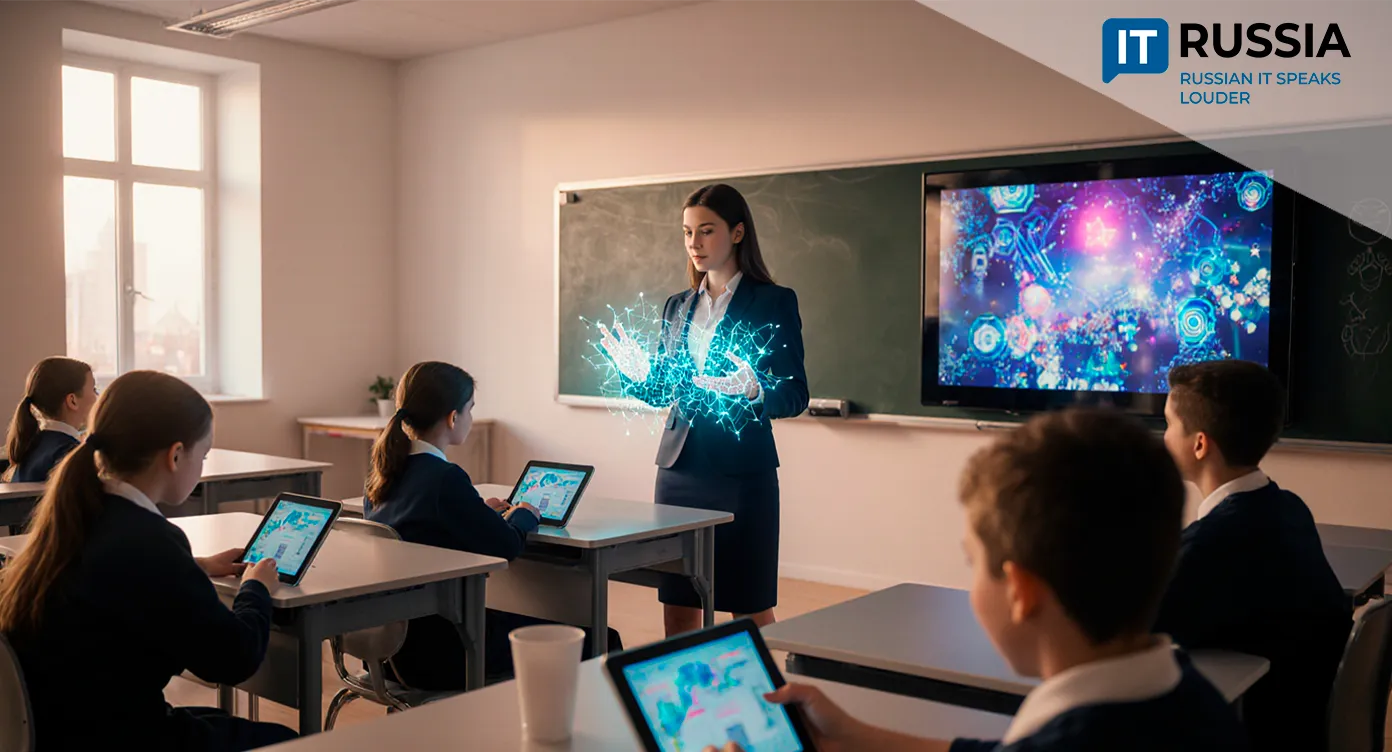
A Vision for the Classroom of the Future
Imagine a classroom where every student has a personal AI tutor who knows their strengths and weaknesses, suggests individualized tasks, and alerts teachers about learning gaps in real time. Teachers, in turn, are supported by digital assistants that grade homework, track progress, and help design personalized learning paths.
This vision is not science fiction but a concrete goal Russia aims to achieve within the next few years. By 2030, the country plans to launch a national AI system for school education. The project, led by the Ministry of Education with support from the Ministry of Digital Development, Communications and Mass Media, and several leading AI developers, seeks to redefine how teaching and learning work.
Experts believe that developing such a system by 2030 is realistic—provided the initiative is implemented as a coordinated effort between the government and technology companies. Of couse, there are technical obstacles, but they are avoidable. “Most of the technology is already ready to go,” explains Daniil Bredikhin, founder of the Smart Sticker project. “Language models that run directly in browsers, along with smartphones, tablets, and stable internet connections, are enough to make it work.”
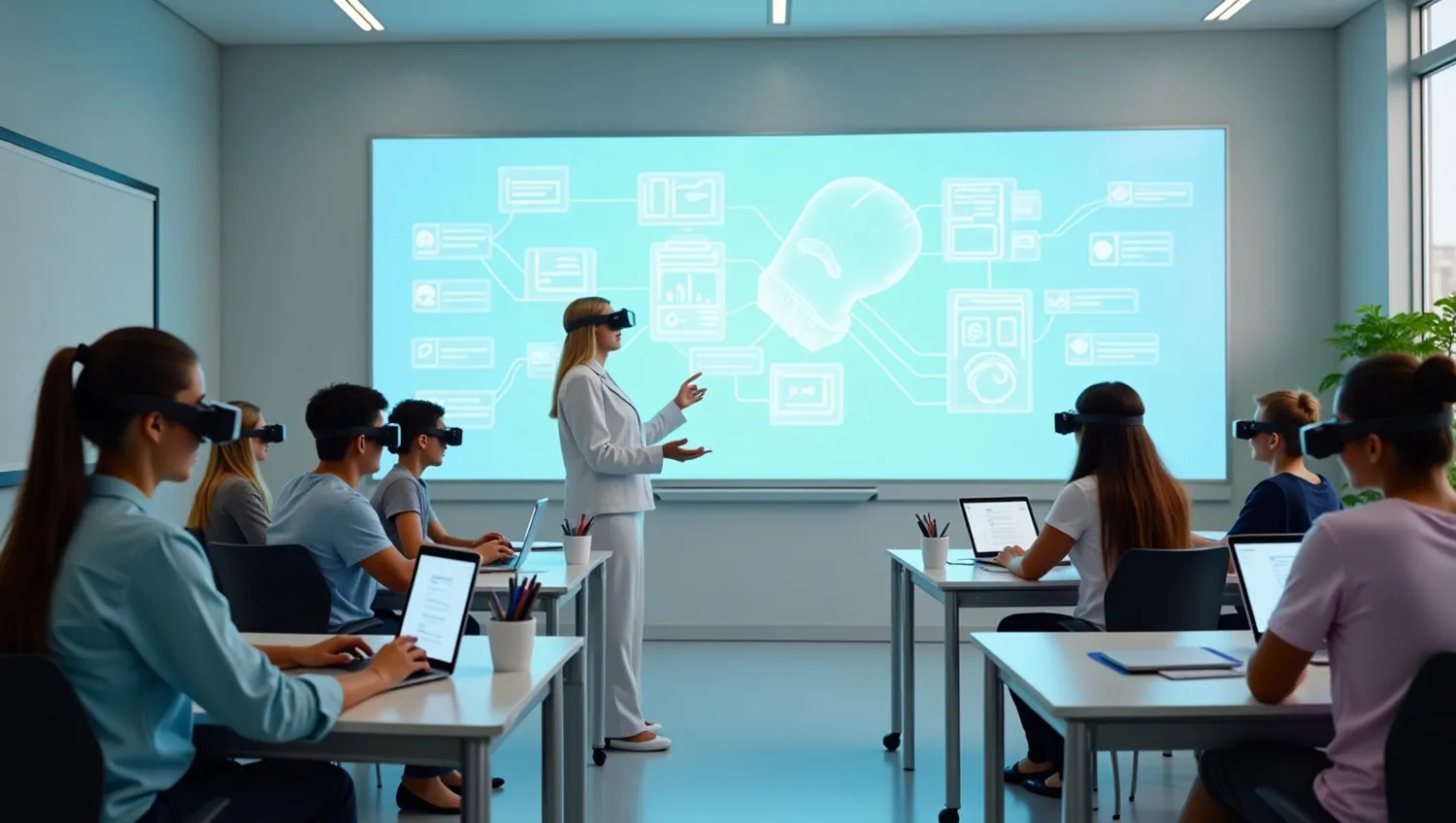
From Knowledge Delivery to Mentorship
The project’s significance goes far beyond technology. Russia stands to gain an independent AI infrastructure that could reduce reliance on foreign solutions and bring personalized education to millions of students. The system will identify knowledge gaps early, helping teachers focus on mentoring rather than manual grading.
Successful deployment will depend on gradual integration with existing e-learning platforms and regional school systems. Large-scale pilot programs, continuous feedback, and iterative updates will be essential to ensure reliability and trust. If successful, the initiative could also become a valuable export product, offering countries across the CIS and beyond a Russian-made alternative to Western EdTech systems.
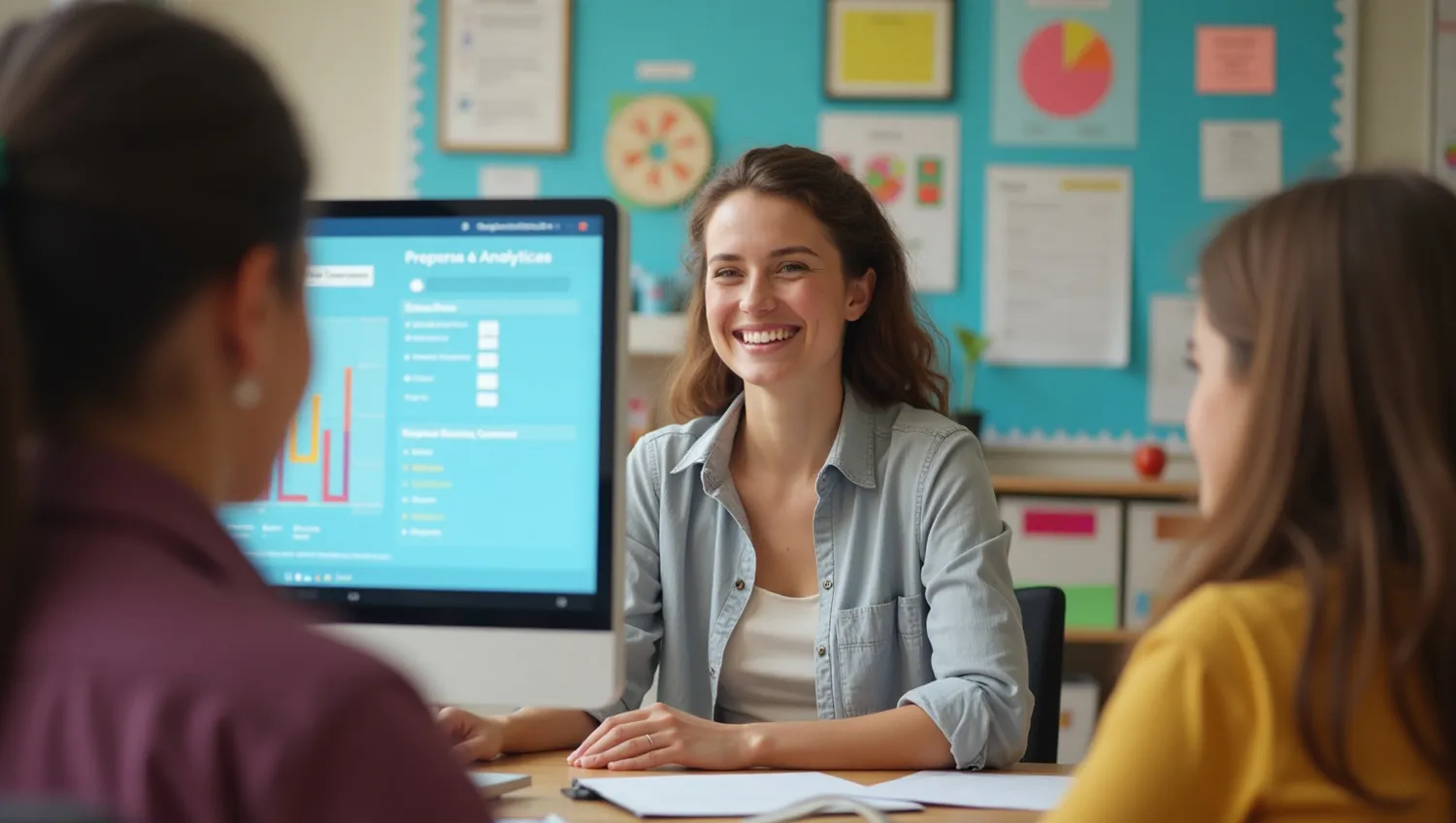
People, Not Servers, Will Shape Success
The EdTech boom during the pandemic showed that the biggest challenges are human, not technical. Issues such as data protection for minors, algorithmic transparency, and accountability for AI-driven decisions remain key concerns.
Yet the decisive factor, experts note, is pedagogy. The project’s success will depend not on server capacity but on the quality of teaching materials and teacher training. Involving educators and methodologists early on—as co-creators rather than passive users—will be critical.
Bredikhin adds that new generations of teachers are already driving the transformation: “In five to seven years, there will be even more tech-savvy educators capable of inspiring their older colleagues. We’re already seeing digital literacy courses for teachers and a steadily growing EdTech ecosystem.”
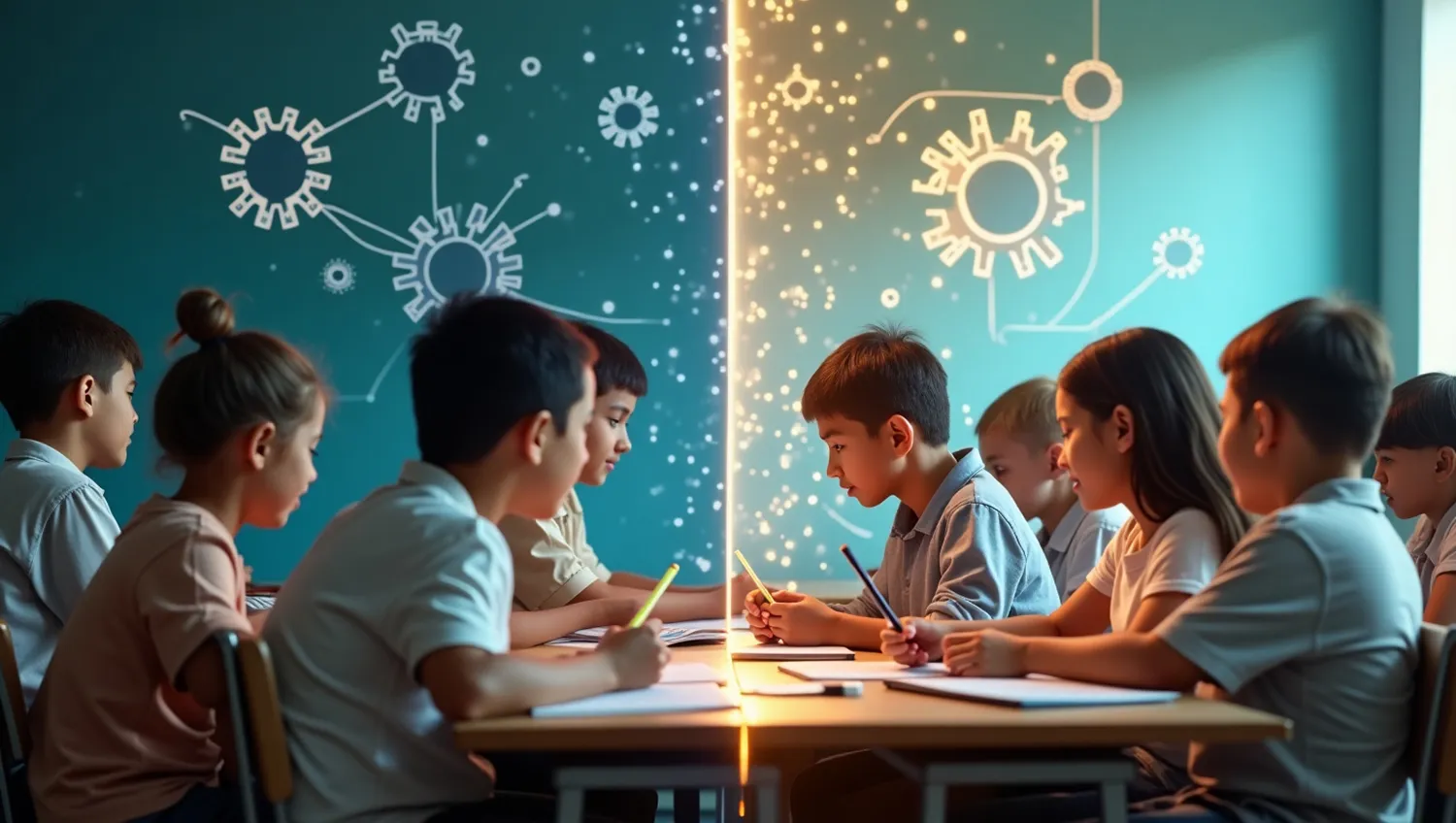
Russia’s Distinctive Path Forward
Pilot projects are expected to begin soon in selected “flagship” schools and regions, initially featuring AI tutors for specific subjects. Over time, functionality will expand, integrating with national education systems and regional data platforms.
By 2030, the full national platform is expected to launch as a hybrid model—partially automated AI complemented by human teaching support. As Education Minister Sergey Kravtsov emphasized at the Forum of Class Teachers, “AI will never replace the teacher.” Instead, technology will serve as a support tool within traditional classroom settings, combining digital innovation with time-tested educational values.
If implemented successfully, the project could become one of Russia’s most significant EdTech exports—demonstrating how advanced AI can enhance human-centered education.





